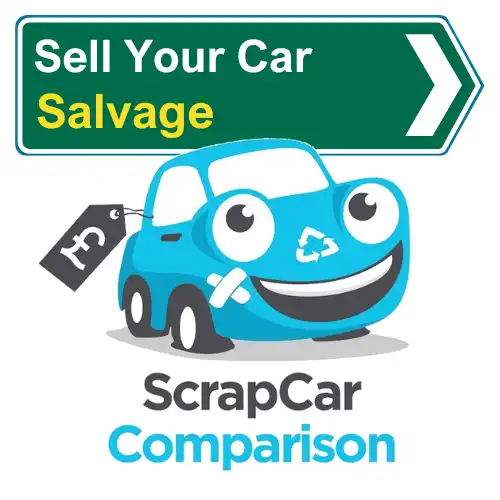
Getting the right oil
There is a wide range of oils available out on the market, and there may be different requirements for petrol and diesel. Generally, if you were to search for Peugeot specific oils, you’ll often find major oil manufacturers suggesting their 5w30 oils, but the type of oil you require will depend on what you drive, and how you plan to drive it. Certain oils will be preferential depending on whether you’re looking for performance or efficiency – if you’re not sure what you’re looking for, it’s best to ask your local expert what’s best for you.
How do you know which oil to use for your Peugeot?
The easiest way to find out what oil your car needs is to check the owner’s manual. This manual will tell you not only the specification of oil, but also the grade that you’re looking for. If you’ve misplaced your manual, then visiting your local auto parts specialists should find the answer you’re looking for, otherwise you can simply pop your reg number into any major oil manufacturer’s website (or even auto parts retailers again) and you’ll be told what type of oil you need.
What happens if you put the wrong oil in a Peugeot?
Using the wrong oil in your Peugeot can cause damage to the engine – as it can with any model of vehicle. The wrong oil will not lubricate your internals correctly and could lead to metal-on-metal contact. The more this type of contact occurs, the more friction that builds up and the faster your engine components will wear out.
Can I replace my engine oil myself?
Changing engine oil is not one of the hardest maintenance tasks you can carry out, but it is somewhat messy. So long as you know your way around the undercarriage of a car, then it should be no issue at all. However, if getting on your hands and knees and a little dirty doesn’t sound favourable to you, then take it to the nearest garage who’ll be more than happy to help.
How often to replace the oil
While a complete oil change is only recommended for every 10,000 miles, a top up is a somewhat more regular piece of easy maintenance you can carry out. Topping up your oil should take place every 3,000 miles, or every three months, whichever comes first. Simply pop the bonnet, pull out your dipstick and give it a wipe. Reinsert the dipstick into its holder, and then pull out again to check the oil level. If it’s low, top it up – remembering that overfilling can be just as dangerous as running on empty.
How to replace your car’s oil
Make sure you’re parked on a flat surface before you carry out any major works involving motor fluids, as this will give you a much more accurate readout compared to if you’re on a slope in any direction.
To replace your oil, ensure you’ve placed a plastic container under the car first, or things will get very messy. Drain off all of the old oil through the oil pan drain plug – to make this easier, run the engine for a couple of minutes first and remove the filler cap. Once it has slowed to a small drip, replace the plug and fill up with the fresh oil. Remember – always change your oil filter when carrying out an oil change.
 Interested in learning more? Take a look at our related articles for more helpful guidance and expert tips.
Interested in learning more? Take a look at our related articles for more helpful guidance and expert tips.
Get the best price with Scrap Car Comparison
If your Peugeot seems to be burning oil at a particularly fast rate then you may be looking at some potentially bank-breaking issues. To avoid paying through the nose on repairs, it may be simpler to just scrap the car altogether. By using Scrap Car Comparison’s industry leading service, you’re guaranteed to get the very best price. With collection agents in all four corners of the country, you’re never too far away, and with free collection thrown in as standard, there’s no reason to not get started today. Find out just how much your car could be worth in as little as sixty seconds when using our online quote generator, or calling our friendly team.

Sell A Damaged Car As Salvage
An old or damaged car can still be valuable sold for spares and repairs – we can connect you with the right specialist buyer.
 Car Salvaging Knowledge Hub
Car Salvaging Knowledge Hub
Getting the most value out of a broken car involves finding a specialist buyer who can pay good prices for spares and repairs. Everything you need to know can be found here in our knowledge hub.

Value a salvage car
Determining the residual value of a salvage car is important whether buyig or selling. This guide walks you through everything to consider.
Scrapping VS salvaging a car
The roadworthiness of your car could make the difference between whether it’s destined for scrap or salvage, and of course the value…
Can A Salvage Title Car Be Insured?
Recently bought a salvage car and wondering whether you need to get insurance before you drive it? This guide explains all the details
What to do if you’ve written off your car
This guide walks you through everything you need to know after your car’s been totalled.

